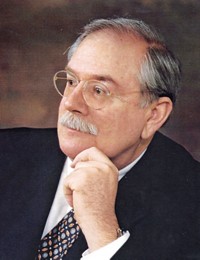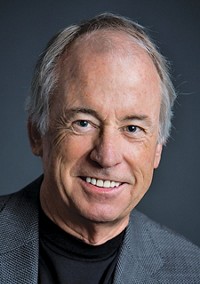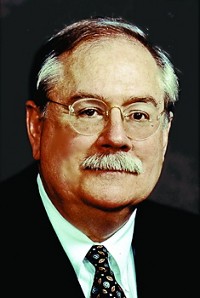Advertisement
Grab your lab coat. Let's get started
Welcome!
Welcome!
Create an account below to get 6 C&EN articles per month, receive newsletters and more - all free.
It seems this is your first time logging in online. Please enter the following information to continue.
As an ACS member you automatically get access to this site. All we need is few more details to create your reading experience.
Not you? Sign in with a different account.
Not you? Sign in with a different account.
ERROR 1
ERROR 1
ERROR 2
ERROR 2
ERROR 2
ERROR 2
ERROR 2
Password and Confirm password must match.
If you have an ACS member number, please enter it here so we can link this account to your membership. (optional)
ERROR 2
ACS values your privacy. By submitting your information, you are gaining access to C&EN and subscribing to our weekly newsletter. We use the information you provide to make your reading experience better, and we will never sell your data to third party members.
Synthesis
2014 Arthur C. Cope Scholar Awards: Raymond L. Funk
by William G. Schulz
March 17, 2014
| A version of this story appeared in
Volume 92, Issue 11
The contributions to organic chemistry made by Raymond L. Funk, a professor of chemistry at Pennsylvania State University, “are manifold and span the range from practical aspects of undergraduate teaching and Ph.D. training to stunning contributions to the broad, disparate fields of terpene and alkaloid synthesis,” according to Scripps Research Institute California professor of chemistry Phil S. Baran.
Funk, who is 63, is “one of the most creative organic chemists active today in the field of total synthesis of natural products and methodology development,” says Robert M. Williams, a professor of chemistry at Colorado State University, Fort Collins, who has known Funk for more than 27 years and has followed his work closely. Moreover, Funk “has an extraordinarily artistic flare, which he deploys in the context of developing both new synthetic methodology and new strategic ways of attacking complex natural products synthesis,” Williams adds.
He cites Funk’s use of pericyclic reactions for constructing strained or otherwise inaccessible ring systems. This work includes Funk’s Ireland-Claisen ring-contraction rearrangement for the synthesis of smaller strained ring systems, which was used, for example, to address the ingenol in-out bicyclic ring system stereochemical challenge, and his use of 1,3-dioxins as in situ precursors to reactive acroleins, which in turn participate in subsequent inverse electron demand Diels-Alder reactions and were used for the total synthesis of euplotin A.
Funk’s contributions to synthetic methodology, Baran says, “are characterized by solving pressing problems at the limits of chemical complexity.” Funk’s addition of nucleophiles to 3-bromooxindoles via the intermediacy of indole-2-ones, he says, “has already propelled many in the alkaloid field (including myself) to think differently about the chemical reactivity of indoles and their oxidized derivatives.”
Baran praises Funk’s “passion and excitement for chemistry,” noting that, after Funk visited Scripps a few years ago, faculty and students commented that his lecture was the best they had seen in years.
Funk received a bachelor of arts degree in mathematics from the University of Kansas, Lawrence, in 1973. In 1978, he was awarded a Ph.D. degree from the University of California, Berkeley, with his doctoral thesis “Cobalt-Catalyzed Synthesis of Polycyclic Compounds: Application toward the Synthesis of Estrone.” His research adviser was K. Peter C. Vollhardt. In 1979, he completed a postdoctoral fellowship at the University of Pittsburgh with research adviser Samuel Danishefsky. From there, he became an assistant and then associate professor at the University of Nebraska, Lincoln, before moving on in 1987 to become associate professor at Penn State, where he is now a full professor.
He has been awarded several honors, including an Eli Lilly & Co. Young Faculty Grant in 1982, an Alfred P. Sloan Foundation Fellowship in 1985, the Eberly College of Science C. I. Noll Award for Excellence in Teaching in 2005, and Penn State’s Priestley Prize for Outstanding Undergraduate Teaching in Chemistry in 2009.






Join the conversation
Contact the reporter
Submit a Letter to the Editor for publication
Engage with us on Twitter